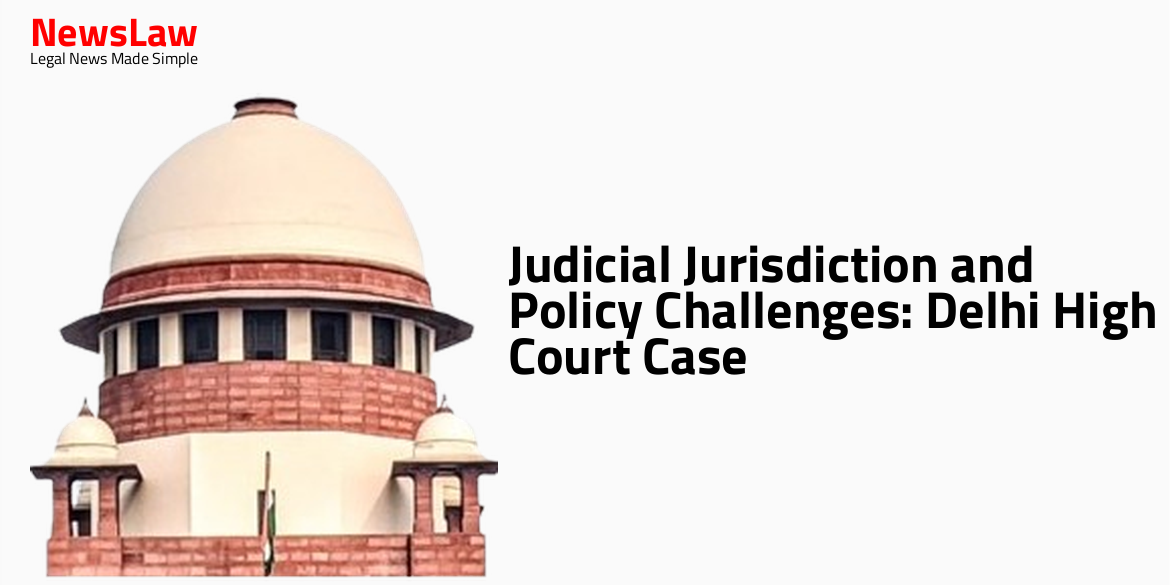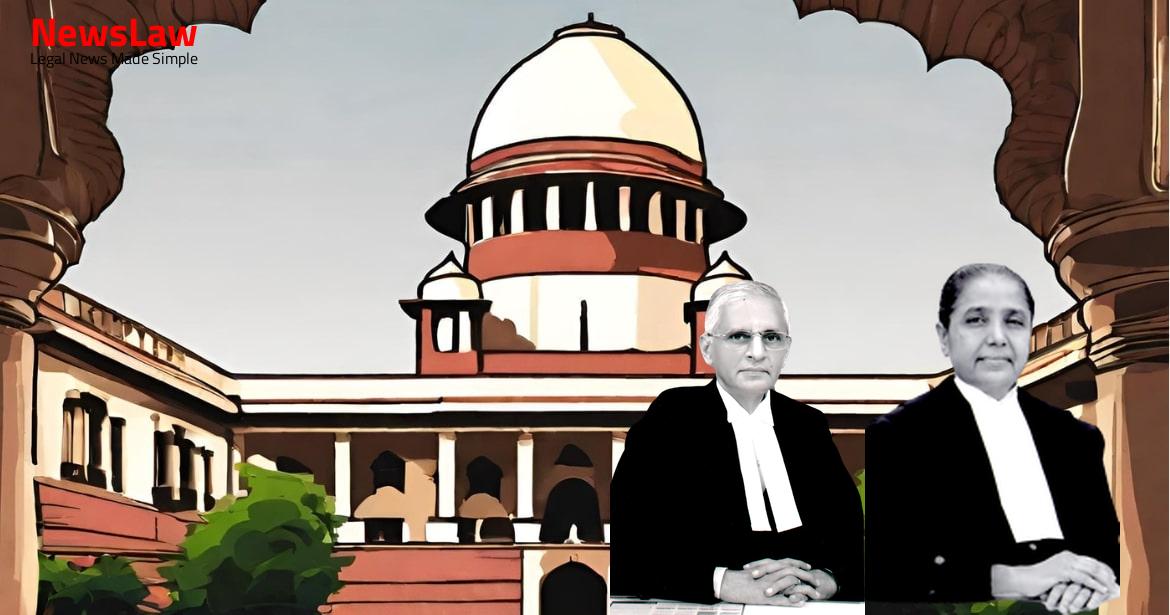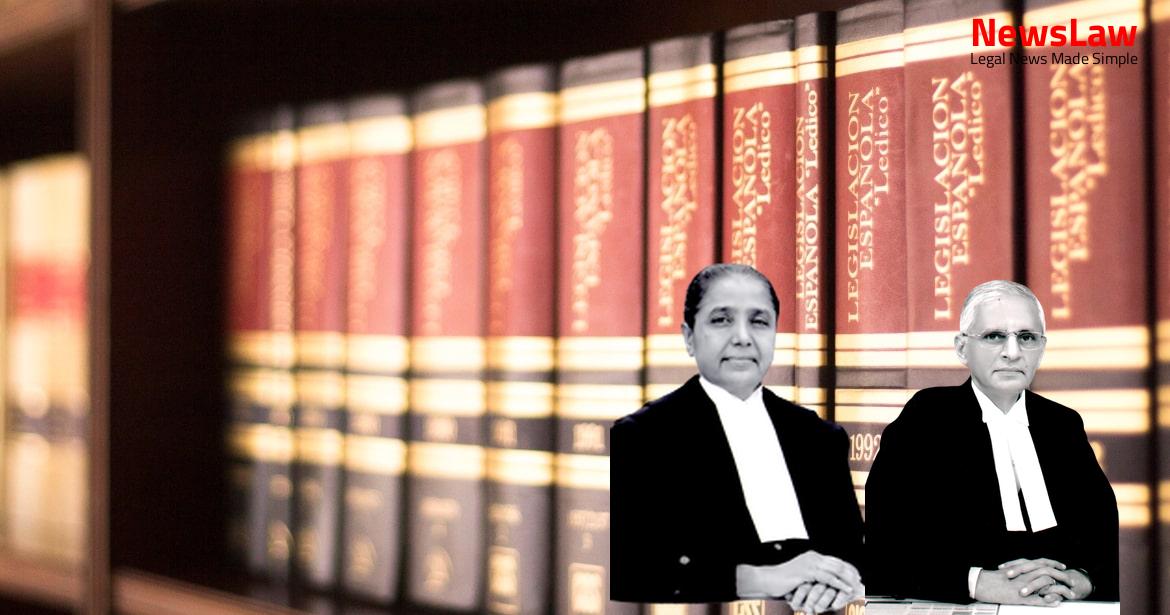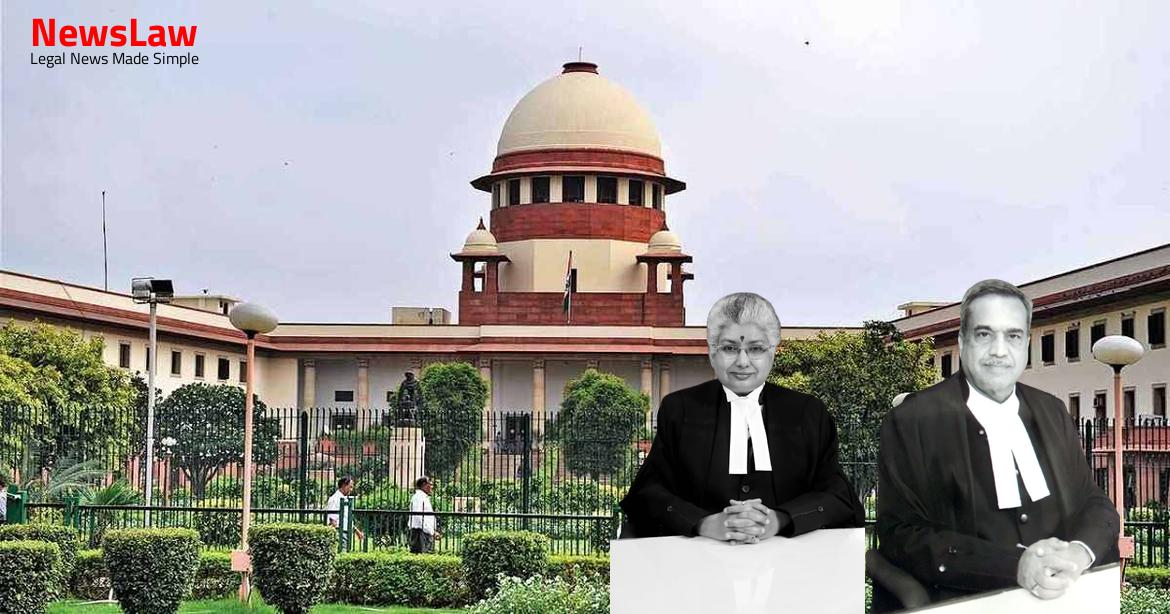Explore the Delhi High Court’s examination of judicial jurisdiction and policy challenges in a recent ruling. The case involves various petitioners operating Multipurpose Stalls at railway stations and the challenges they face. Stay tuned for insights on the court’s decision and its implications. #DelhiHighCourt #JudicialReview #PolicyChallenges
Facts
- Petitioner no.1 is operating three MPS at Bareilly Railway Station.
- Petitioner no.2 is operating one MPS at Moradabad Railway Station.
- Petitioner no.3 is operating one MPS at Haridwar Railway Station.
- Petitioners’ licenses were initially for five years from the date of conversion of stall/trolley till 21.12.2022.
- Due to a force majeure event (Covid-19 lockdown), the tenure was extended by 68 days till 27.02.2023.
- The Master License Agreements and the extension letters have been challenged in the petition.
- The agreements with the railways were executed on different dates for each petitioner.
- Petitioners were directed to vacate their MPS by 27.02.2023.
Arguments
- The petitioners argue that the 68-day extension of the contract due to Covid-19 is arbitrary, especially considering longer dies non periods granted to other MPS units in different railway zones.
- They contend that the reduction in foot traffic at railway stations led to a decrease in license fees from June 2020 to March 2022, and they seek a proportional extension of the license period.
- The petitioners claim that the 2017 Policy’s Clause 5 violates Article 14, Article 19(1)(g), and Article 21 by eliminating the right of renewal and forcing them to compete against larger companies.
- They are requesting a writ of mandamus to compel the relevant zonal railways to renew and extend their licenses, arguing that their expired licenses do not deprive them of the right to seek an extension.
- The petitioner’s assertion that they were coerced into accepting the new policy that disallowed renewal after completion is deemed unacceptable.
- Emphasizing the balance between livelihood rights and equal opportunity, the 2017 Policy aims to prevent monopolization of licenses and provide a fair chance for all interested parties in re-tendering.
- The petitioners express a legitimate expectation for their licenses to be renewed to sustain their businesses and enable future generations to benefit.
- The petitioners urge for the renewal of their licenses on the basis of a Supreme Court judgment, stating that the refusal to renew smaller miscellaneous/multipurpose stalls’ licenses while renewing small catering units’ licenses is arbitrary and violates their fundamental rights.
- Allegations of coercion and economic duress leading to the conversion of miscellaneous stalls to MPS units are raised by the petitioners, contending unequal bargaining position between them and the railways.
- The petitioners claim that paragraph 1744 of the Indian Railways Commercial Manual is unlawful and challenge the punitive demands made based on it.
- The petitioner signed a contract for a period of five years which was non-renewable.
- The petitioner cannot now go back to a policy that is no longer in existence or applicable to them.
- The Karnataka High Court rejected the petitioner’s contention that non-renewal of license goes against a Supreme Court judgment, stating that the judgment pertained to Catering Policy which is different from the Multipurpose Stall Policy under which the petitioner’s contract falls.
- The petitioner enjoyed the benefits of the contract for its entire duration, and cannot now seek to be brought under previous policies after its completion.
Analysis
- The 2017 Policy provides for 33% sub quota for women in allotment of each reserved category of MPS at all stations.
- Clause 5 of the 2017 Policy states no extension or renewal of MPS units, participants can bid afresh if eligible.
- Petitioners voluntarily converted their stalls/trolleys to MPS based on relevant letters.
- Renewal of licenses not guaranteed under the 2017 Policy; participation in fresh bids allowed.
- Force Majeure clause invoked for non-operational catering contracts during lockdown.
- Petitioners challenged Clause 5 and 11 of the 2017 Policy for non-renewal and extension terms.
- Doctrine of legitimate expectation cannot be claimed as a right unless violation of Article 14 occurs.
- Court jurisdiction determined based on authority location; can issue writs to Railway Board in New Delhi.
- Reservation in MPS allotment ensures representation of marginalized categories in livelihood opportunities.
- General principles of social welfare emphasized by the Supreme Court upheld in the 2017 Policy.
- Licensee rights limited by the terms of the 2017 Policy, no perpetual renewal granted.
- Petitioners not entitled to perpetual renewal of licenses under the specific policy terms.
- The specified part of the judgment is numbered 55.
- The extract from the judgment pertaining to this specific part is provided.
- The summary for this part is as follows:
- The courts have the jurisdiction to declare the law as unconstitutional.
- The Karnataka High Court rejected a challenge to the 2017 Policy in a specific case, stating that breach or threat to breach a fundamental right is necessary for a writ of Mandamus.
- Judicial review of a policy decision and issuing a mandamus for framing policy are different.
- The courts interpret laws involving a creative process.
- Legitimate expectation does not always entitle the expectant to relief; public interest, policy change, or valid reasons by the decision-maker may negate it.
- No public body has arbitrary powers to decline license renewal without rational purposes, except for compelling reasons.
- Policy relaxation granted in the past does not entitle mandamus for future relaxation as a matter of right.
- A writ of Mandamus cannot be used to direct the enactment of laws or framing of rules; it is for enforcement of fundamental rights or duties.
- Individual license agreement and 2017 Policy both contain an arbitration clause.
- Petitioners can invoke arbitration clause if aggrieved by Covid-19 related issues or wish to claim damages.
- Formal execution of license agreement is not a requirement to invoke arbitration clause as per 2017 Policy.
Decision
- Existing stalls/trolleys have the option to convert to Multipurpose Stalls (MPS) or continue till the expiry of the current agreement.
- Petitioners opted to convert to MPS for a tenure of 5 years.
- Space will be standardized and allotted for new MPS after the expiry of current agreements.
- Petitioners in batch of petitions opted for conversion and sent requests for the same.
- Existing stalls can convert to MPS by paying the quoted License Fee.
- Petitioners given 3 months to vacate stalls for transition to alternative vending arrangements.
Case Title: NARESH KUMAR KINGER & ANR. Vs. UNION OF INDIA & ORS. (2024:DHC:4452)
Case Number: W.P.(C)-945/2024



